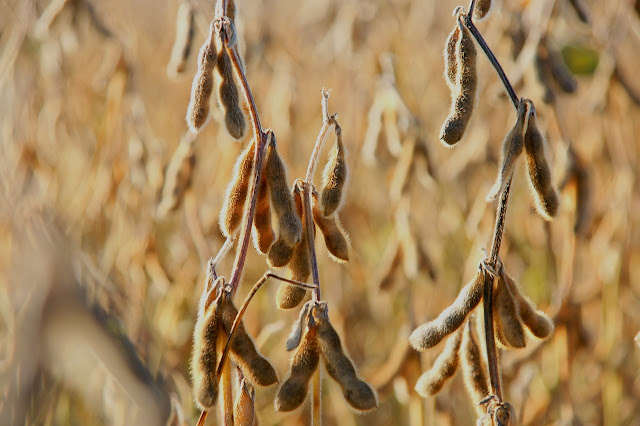Soybeans are a versatile and protein-rich legume that plays a critical role in global food systems. As of the latest available data, the world soybean production reached approximately 337 million metric tons in 2020. This substantial output makes soybeans a significant crop with diverse applications, spanning from human consumption to livestock feed.
Soybeans serve as a primary source of protein for both humans and animals, particularly in the form of soy-based products such as tofu, tempeh, soy milk, and various meat substitutes. However, the allocation of soybeans for human consumption versus animal feed varies significantly around the world.
A considerable portion of global soybean production, estimated to be around 70-75%, is used as animal feed. The livestock industry, particularly the poultry, pork, and dairy sectors, heavily relies on soybean meal as a protein-rich feed ingredient. Soybean meal's high protein content and amino acid profile make it a valuable component of animal diets, contributing to the growth and health of livestock.
The remaining 25-30% of soybean production is directed towards human consumption. In regions such as East Asia, where soy has long been a dietary staple, the consumption of whole soybeans and soy-based products remains a vital source of nutrition. Moreover, the popularity of plant-based diets has fueled the demand for soy-based alternatives, catering to those seeking alternatives to animal-derived foods.
The dynamic distribution of soybeans between human consumption and animal feed underscores the complex interplay between dietary choices, agricultural practices, and global food security. Balancing the demand for both human and animal nutrition poses challenges, especially considering the growing world population and shifting dietary preferences.
References:
- United States Department of Agriculture - Foreign Agricultural Service. (2021). Oilseeds: World Markets and Trade.
- Food and Agriculture Organization of the United Nations. (2021). FAOSTAT Data. Retrieved from http://www.fao.org/faostat/en/#data/QC.
- Hough, G., Beddington, J., & Canadell, J. G. (2011). Sustainable intensification of agriculture: A report of the 8th Annual Nuffield Farming Scholarships Trust Conference. Nuffield Farming Scholarships Trust.
In conclusion, the production and allocation of soybeans play a pivotal role in meeting the nutritional needs of both humans and animals. The global balance between human consumption and animal feed underscores the intricate relationship between dietary habits, agricultural practices, and sustainability. As the world's population continues to grow and dietary preferences evolve, addressing the challenges posed by soybean distribution will remain a critical concern in ensuring food security and promoting responsible resource utilization.

Comments
Post a Comment
We welcome your input!